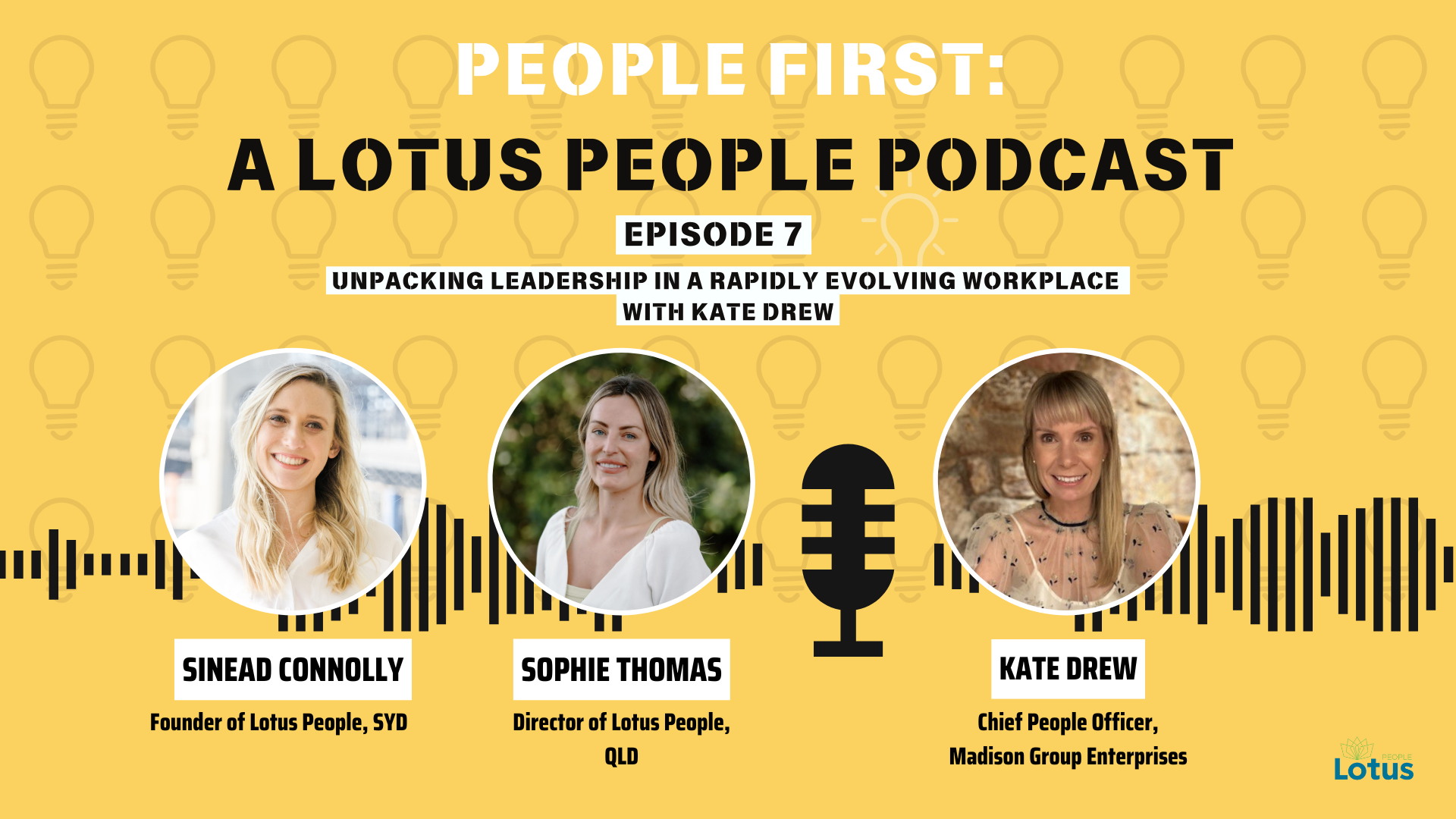At the end of a busy week, I have taken some time to reflect on the importance of time management in recruitment. When it comes to working in a demanding role, time management is absolutely key. It tends to be something that people genuinely struggle with and, I’m not going to lie, it is something that took me some time to get my head around too. Once everything clicks into place and you hold yourself accountable for every minute of your day, your life and job will be a lot easier – I promise!
In order to keep on top of things, I make sure that at the start of every week I sit down and block out time in my calendar for my ‘non-negotiables’. In recruitment, this includes business development, application response, client meetings, candidate registrations and sourcing for open jobs. If I am not doing every single one of those things every day then I am setting myself up for failure. Structuring your day and week to include that activity is a sure-fire way to effectively managing your time and be successful in recruitment.
But despite planning a perfect week, in recruitment – especially when running a busy temp desk – it’s inevitable that something totally unexpected can crop up and all of that structure and planning goes out the window! Things don’t always go to plan but if you are holding yourself accountable and are totally honest with yourself about how you are spending your core hours you will see the results you want.
Some time management tips that I would share with anyone working in recruitment would be;
- Ensure you are only seeing candidates outside of your core hours where you could be connecting with new and existing clients
- Block out time first thing every morning to focus on ad response and ensure you are getting back to all applicants in a timely manner
- Any additional administration should be done over lunch hours or in the evenings
- Try to avoid any distractions during core hours – getting up to get a snack, or taking a break to chat to a colleague about your weekend is really just a way of avoiding the task at hand; we are all guilty of it but you are the one who will suffer in the long run
Although this may seem very obvious, these are a couple of pointers that helped me get to where I wanted to be with hitting (and exceeding) my targets, being strict with my time is truly a game changer!
As I mentioned in my last post, there are never enough hours in the day when it comes to recruitment – so make every second count and I promise you will reap the rewards!
You may also like...





